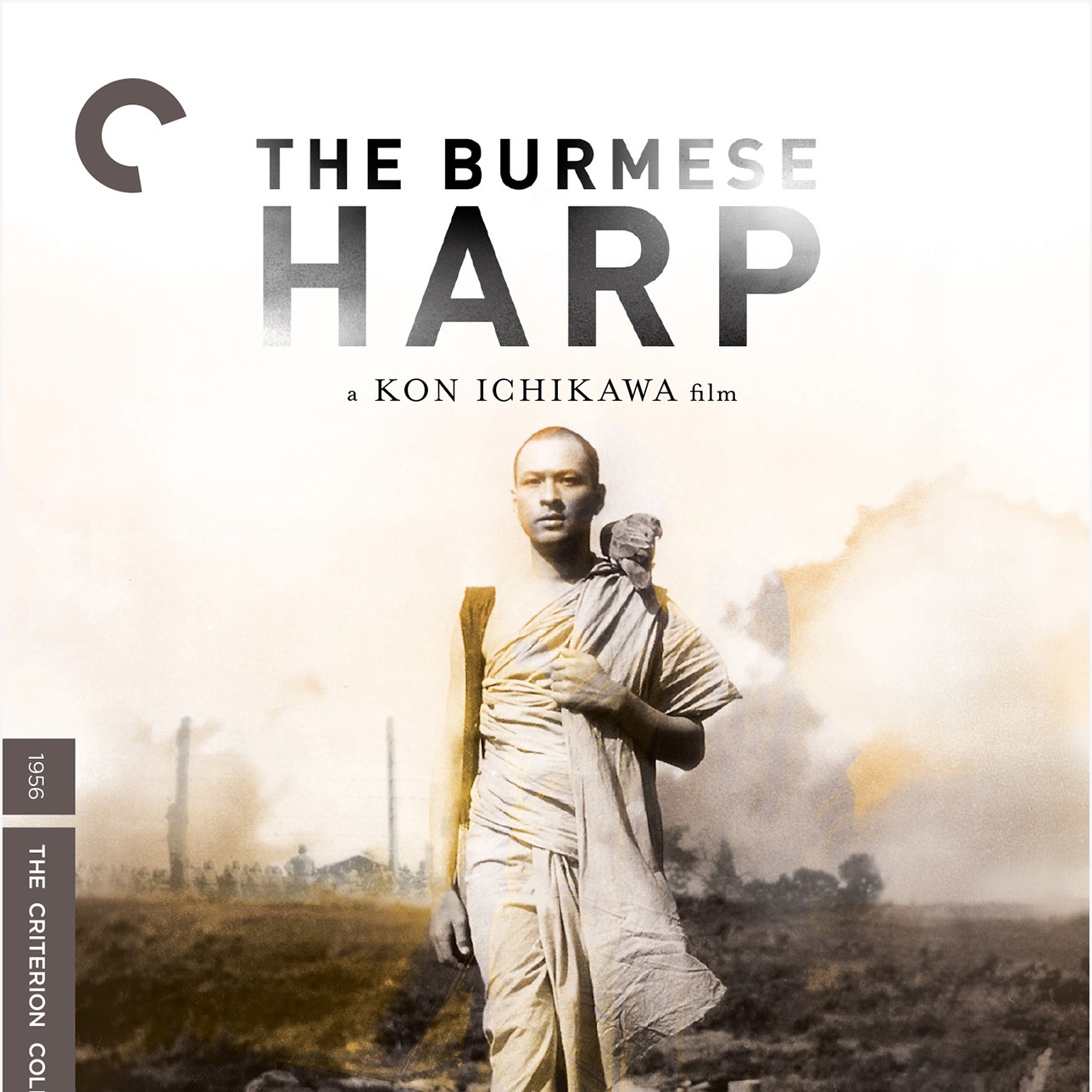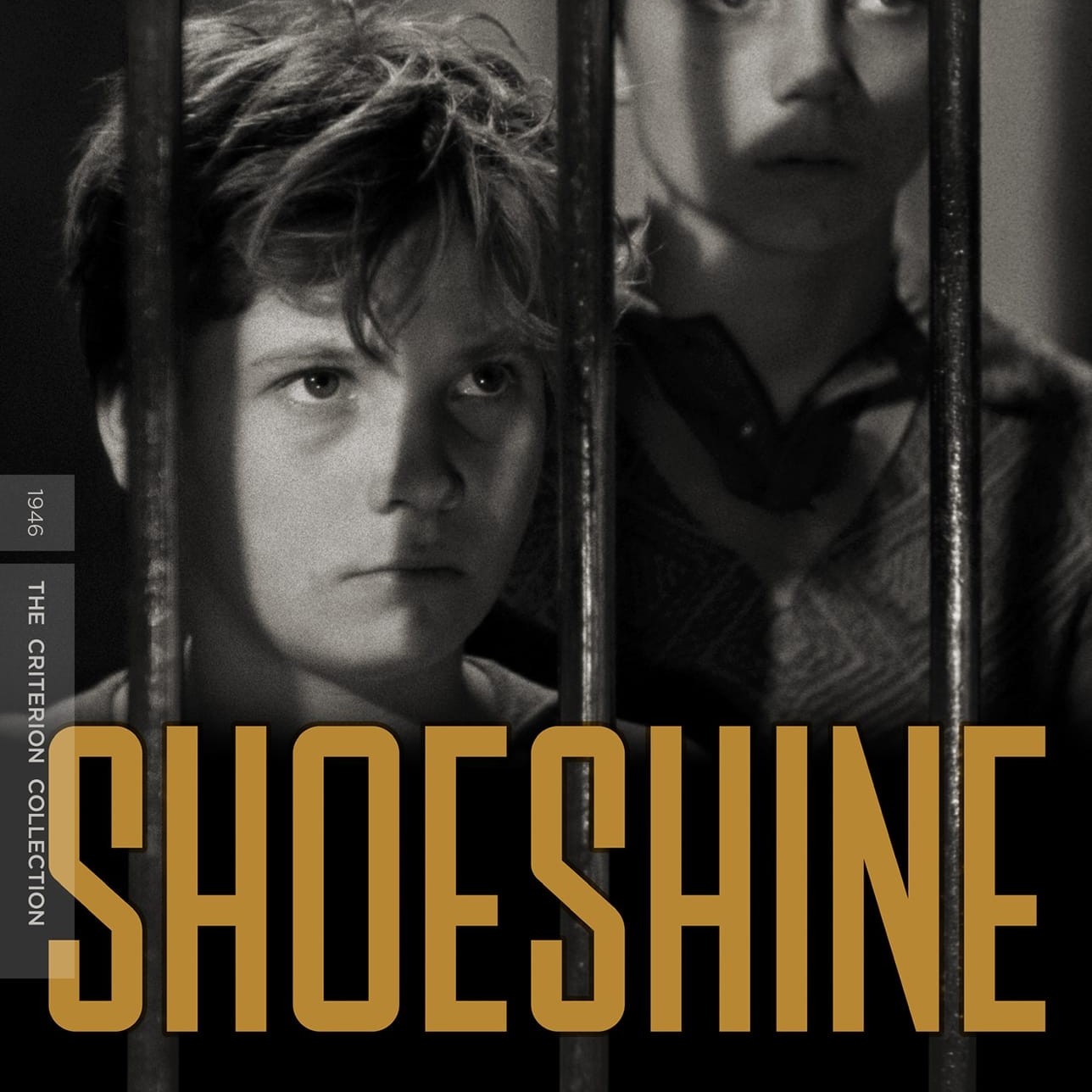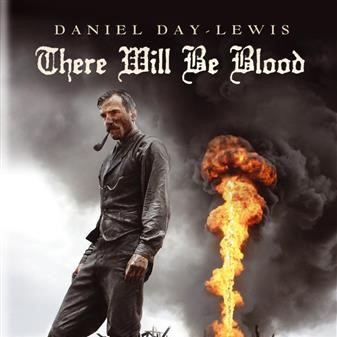Description
After Japan’s surrender in Burma, a soldier named Mizushima is separated from his unit and disguised as a Buddhist monk. Witnessing the suffering around him, he dedicates himself to burying the war dead. Ichikawa’s lyrical direction and Takashi Miyaki’s cinematography create an atmosphere of spiritual reflection. Criterion’s restoration captures the delicate grayscale imagery, while extras include interviews, critical essays, and historical background.






Latifat –
The Burmese Harp (Criterion Collection Blu-ray) companion enriched my viewing experience tenfold. The eBook’s profound analysis of Ichikawa’s symbolism and the film’s pacifist message resonated deeply. Its accessible writing style unpacked complex themes with grace, leaving me contemplative long after the credits rolled.
Lawan –
The Burmese Harp eBook elevated my Blu-ray viewing experience. It unpacks Ichikawa’s nuanced pacifism with insightful essays and historical context. The writing is engaging, the analysis profound. I finished it with a renewed appreciation for the film’s quiet power and enduring anti-war message.
Zakari –
The Burmese Harp (Criterion Collection Blu-ray)’ deepened my appreciation for Ichikawa’s film. The eBook illuminated subtle nuances often missed, especially regarding cultural context. Its insightful analysis, coupled with an accessible style, fostered a profound understanding of the film’s pacifist message. Highly recommended for dedicated cinephiles.
Babayo –
The Burmese Harp eBook unlocked a profound understanding beyond the Blu-ray’s visual beauty. It illuminated Ichikawa’s directorial choices and the film’s nuanced pacifist message with sharp insight. The book’s eloquent writing and depth transformed my viewing experience, leaving me deeply contemplative about war’s human cost.
Akpan –
The Burmese Harp” eBook profoundly deepened my appreciation for Ichikawa’s film. The insightful analysis unveiled nuances I’d missed, fostering a powerful understanding of its pacifist message. The writing was both scholarly and accessible, enriching my cinematic perspective and prompting reflection on humanity’s capacity for both destruction and compassion.